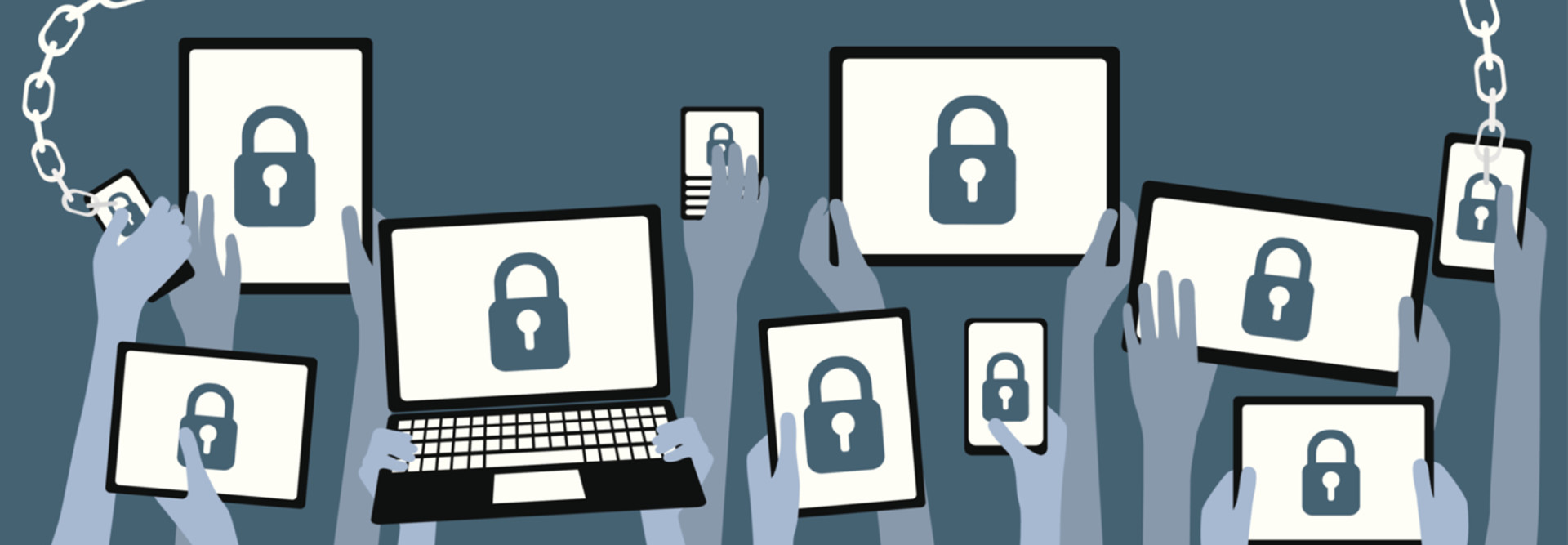Why Security is Critical for Field Productivity
For field service mobility to work, IT needs to ensure secure communication. Not surprisingly, security is one of the leading concerns surrounding mobile field service energy sector companies. They’re right to be cautious, not just because it’s good governance, but also because their industry is subject to strict regulatory oversight.
It’s not just customer data privacy at stake. (However, of course, that’s paramount). The energy industry is considered particularly vulnerable to cyberattack, especially large companies with a global presence. Critical infrastructure assets are prime targets for state-sponsored cyberattacks and espionage, a situation exacerbated by the sheer number of industrial control systems connected to the Internet.
ABI Research found that in 2012, 40 percent of all cyberattacks on critical infrastructure assets in the United States targeted the energy sector. Furthermore, the Industrial Control Systems Cyber Emergency Response Team (ICS-CERT) estimates that by 2018, cyberattacks against oil and gas infrastructure globally will cost these companies about $1.8 billion. The intellectual property of energy companies presents another appealing target for cyberespionage.
Given what’s at stake, forthcoming strategies for field service mobility must make security a priority. If an organization doesn’t have the resources to take on the task, it should turn to IT security specialists for help.
VDI Lends a Hand
The good news is that IT teams can get a leg up on their mobile security efforts by tapping client virtualization. It may make sense to adopt a virtual desktop infrastructure (VDI) model for the entire enterprise, but to fast-rack a field service mobility program, IT can start with field operations and continue with other departments in a phased rollout.
VDI separates the software from the hardware it would normally run on, and centralizes it in the data center where the software can be better protected. The traditional “fat” client — in this case, a rugged notebook, tablet or other mobile device — becomes a thin client that doesn’t run any data or applications, thus making it less vulnerable as it travels from point to point with a field service worker.
When employees need to use an application or work with customer information or other data, they can use their device as they would normally. The difference is that instead of the mobile device handling the computing load, the device simply accesses a personalized virtual machine in the data center or a pool of desktop images on a centralized server, which streams the data to the device.
Virtual Client, Meet Cloud
Energy companies moving to VDI for field service mobility can take advantage of several new features in Citrix Systems’ XenDesktop product that make client virtualization even more effective as part of a mobile security strategy. XenDesktop 7 not only serves up a service team’s Windows desktops as a cloud service, it allows them to use any of their Windows applications via their mobile device — even those not developed for the mobile platform — as if they were native.
Want to learn more? Check out CDW’s white paper, “Mobility Fuels Productivity in Field Service Operations.”









